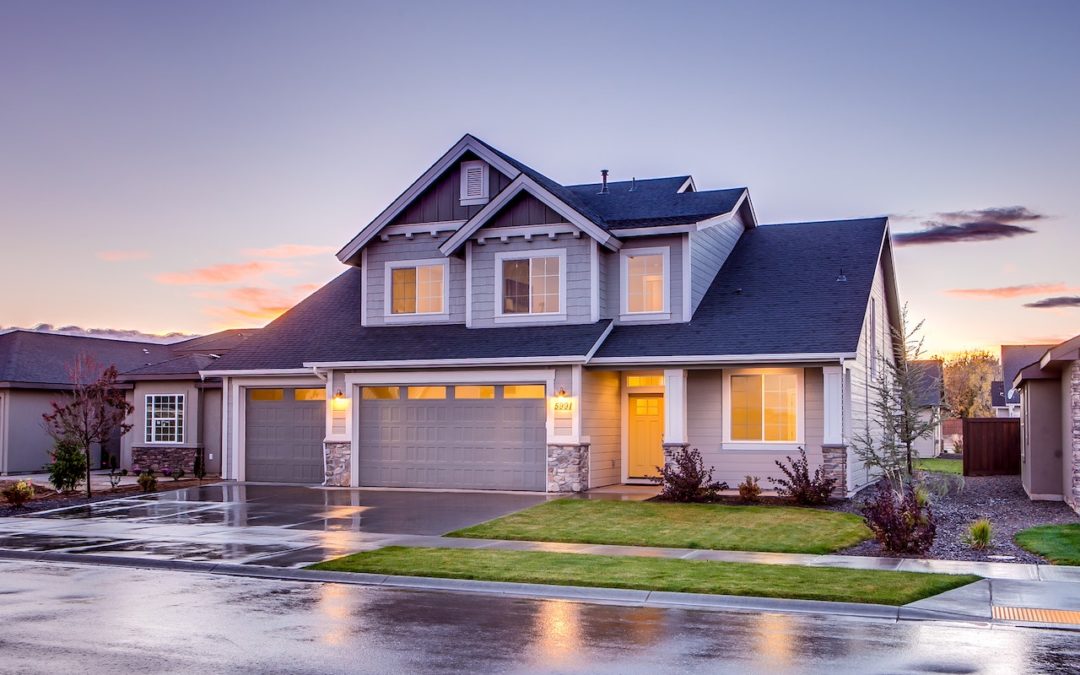One of the most exciting, stressful, and momentous financial decisions you may make is purchasing your first home. Since this decision involves a lot of consequences, it should not be taken lightly. While renting means you are not building equity, it gives you more freedom while relieving you of the responsibilities of home ownership. Buying a home in today’s competitive marketplace can prove especially stressful, so you need to be sure that you are ready. Below are some of the signs that you are ready to move away from renting and toward purchasing your own home.
You have established a good credit score.
To purchase a home, you will need to qualify for a mortgage. This means you need to have a good credit score. Of course, people with scores as low as 500 can qualify for mortgages, but they will end up paying higher interest rates and may even need to make a bigger down payment, both of which can make it more difficult to close a deal. With a good credit score, you have more negotiating power to get good rates and favorable loan terms. If your credit score is lower than you would like, that just means you need to dedicate some time to improving it. While this can take years, it will ultimately serve you down the line. Always get a free copy of your credit report before applying for a mortgage to make sure there are no errors present.
You have an adequate emergency fund.
One of the most important parts of financial security remains an adequate emergency fund. Homeowners typically need to have larger emergency funds than renters. This is because landlords will cover the cost of repairs to your rented property. When you own a home, you will need to pay for burst pipes, broken air conditioner units, and other emergencies. These costs are all on top of routine maintenance, which can also be costly. Before purchasing a home, you should ensure that your emergency fund can withstand these additional potential emergencies. Otherwise, you may find yourself with more debt that you intended and this could put you under water. Never put all of your savings into a down payment since you will need to be prepared for emergencies from the beginning.
You plan to stay where you are for a while.
When you purchase a home, you will have to cover a number of upfront costs. These costs can take quite a while to recoup, so if you know you are in an unstable place in life, purchasing a home may not make sense. Not only should you know that you want to stay in the area for the foreseeable future, or at least long enough to recover the costs, but you should also have some job security with a stable income. This lowers the risk of no longer being able to afford mortgage payments. The situation becomes more complicated if the purchase depends on two incomes as both of you will need job security. While we can never know what will happen in the future, some sense of security and contentment in your current position is an important prerequisite.
You have current debt under control.
Lenders will look closely at the debt you already have when approving you for a mortgage. In particular, lenders pay attention to your debt-to-income ratio, which is your monthly debts divided by your gross monthly income. When this ratio is high, lenders consider your application risky. You should calculate your ratio prior to applying. Know that conventional loans allow for ratios up to 50 percent, but lenders often look for ratios less than 43 percent. If your ratio is too high, spend some time focusing on paying down your current debt. This will make you a more attractive candidate for lenders while also freeing up more money in your monthly budget to deal with the new expenses of homeownership, such as homeowner insurance. Don’t forget that debt includes your credit card balances.
You have a good idea of what you want.
The housing market can prove overwhelming, especially if you are not sure of what you want. Before buying a home, you should have a clear idea of what you are looking for that takes into account your vision for the future. Some of the points to consider have to do with lifestyle. For example, do you want a single-family home with a yard or a condo? Would you want to be part of a co-op? Other points have to do with location. Do you want to be able to walk most places or is commuting not a problem? Would you like close neighbors or do you prefer seclusion? Will you need to think about the school district? Also consider the amenities that you want. Remember that amenities can often be added, but the cost may be substantial. For example, if you want a pool, make sure the land is adequate and consider the cost when buying.

